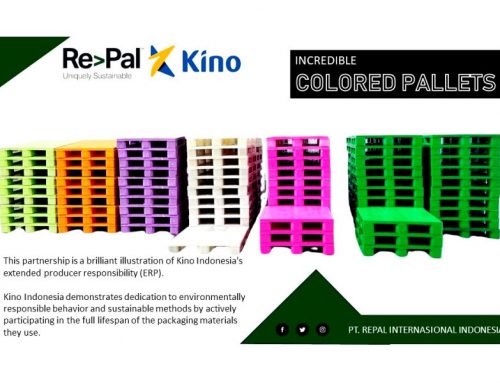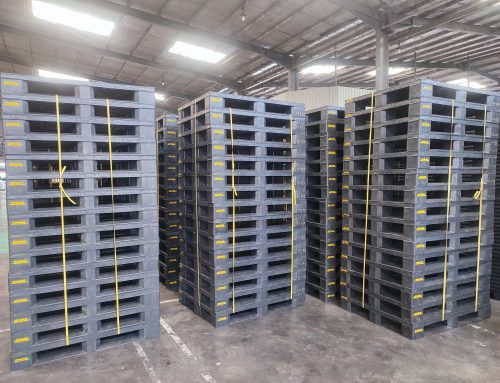Thursday 12th May 2016
Historically, ethical investments were seen to carry with them a higher degree of risk than traditional investments and many funds failed to deliver comparable returns. Many investors thought that ethical funds were compromised and as a result, the prospect of poor returns was enough stop the industry becoming mainstream. Over the past five years, however, a significant body of research has emerged to disprove this idea.
The chronic underperformance of ethical funds is nothing more than a myth. SRI is a booming market, especially in the United States and Europe. In 2014, one of six dollars under professional management in the United States is involved in socially responsible investing in some way – nearly 18% of the $36.8 trillion in total assets under management. The peak body for the sector in Australia. The Responsible Investment Association of Australia, estimates there is more than $US21.4 trillion invested in ethical strategies around the globe. Millennials, industry super funds and a general shifting of investor attitudes towards social and environmental issues are among the big drivers of fund flows.
Within the SRI industry, environmental concerns are of increasing importance to investors. The threat of climate change and the depletion of natural resources have become more imminent and investors are factoring these issues of sustainability in to their investment choices. Funds are increasingly assessing the risks associated with industries heavily reliant on unsustainable resources for their profits. Fossil fuel reliant industries are becoming less attractive to investors as they look further afield to broaden their investment portfolios.
This became especially apparent within markets with the release of the Stern Review in 2006, a report commissioned by the British government to provide an economic analysis of the issues associated with climate change. The report concluded that it was not only beneficial but necessary to include considerations relating to climate change and environmental issues in all financial calculations and that the benefits of early action on climate change would outweigh the costs.
This is great news for Re-Pal, as a business that actively looks to reduce the impacts of industrialisation on the environment with the production of 100% recycled plastic pallets made from scrap waste. We will continue to drive our innovative and sustainable business model to positively contribute to the issues of climate change and the environment in alignment with the core principles of the modern ethical economy.






